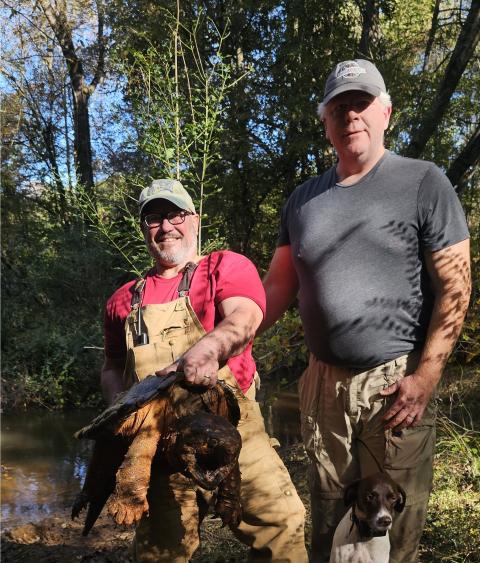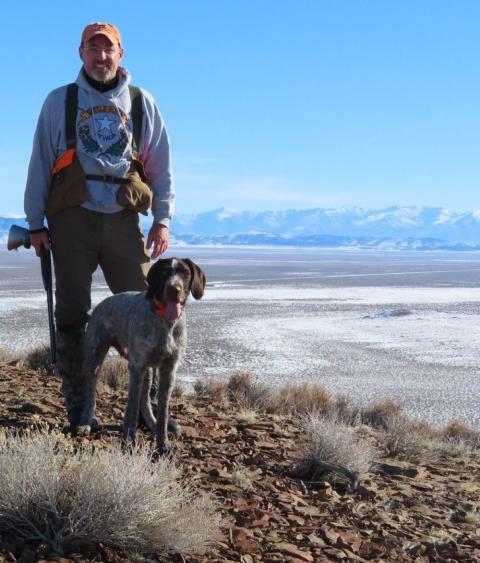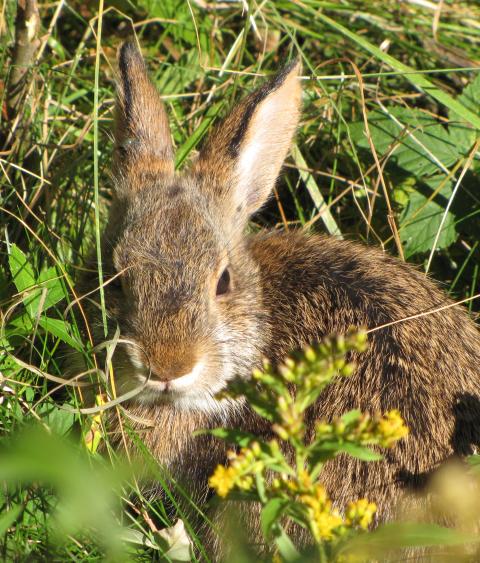Conservation Brief
Avian Influenza Killing Far Fewer Birds This Year
The strain of highly pathogenic avian influenza that ravaged wild birds and some mammals across Minnesota and Wisconsin in spring 2022 appears to have diminished this spring, with far fewer birds perishing. Minnesota still leads the nation with the most birds reported dead from the H5N1 strain of influenza, but the number of birds reported so far this year is just a fraction this year of what it was in 2022, according to data from the U.S. Department of Agriculture.
Nationally, more than 7,000 wild birds have been confirmed dead from the virus over the past 18 months, but that’s only up about 500 in recent months after 6,500 were reported in the first year of the outbreak. Birds in all 49 continental states have died, led by waterfowl and the raptors that eat waterfowl such as eagles and hawks.
Songbirds rarely contract the disease and experts say no additional precautions are needed for people who feed birds. According to the National Wildlife Disease Program, there is currently “low risk of an outbreak among wild songbirds,” and there is no official recommendation to take down feeders — unless you also keep domestic poultry on your property. Experts do recommend that you clean bird feeders and birdbaths regularly as a way to keep several kinds of bird diseases at bay.
In May 2023, the USDA reported zero commercial poultry detections. There has not been a case of avian flu in commercial poultry since April 19 or in backyard poultry since May 18, 2023. That’s good news after H5N1 ravaged some 840 commercial and backyard flocks, killing or forcing the destruction of nearly 59 million poultry over the past 18 months.
The United States Department of Agriculture has reported the beginning of vaccine trials for highly pathogenic avian influenza as of May 1. The department says there are currently four vaccines for the bird flu, but none are applicable to the highly pathogenic strain. The USDA began testing the four vaccines in April with single-dose trials in efforts to develop a new vaccine for HPAI. Results from these trials were expected to be available in May, as well as a two-dose vaccine study with results in June. However, there have been no official reports from the USDA yet.



